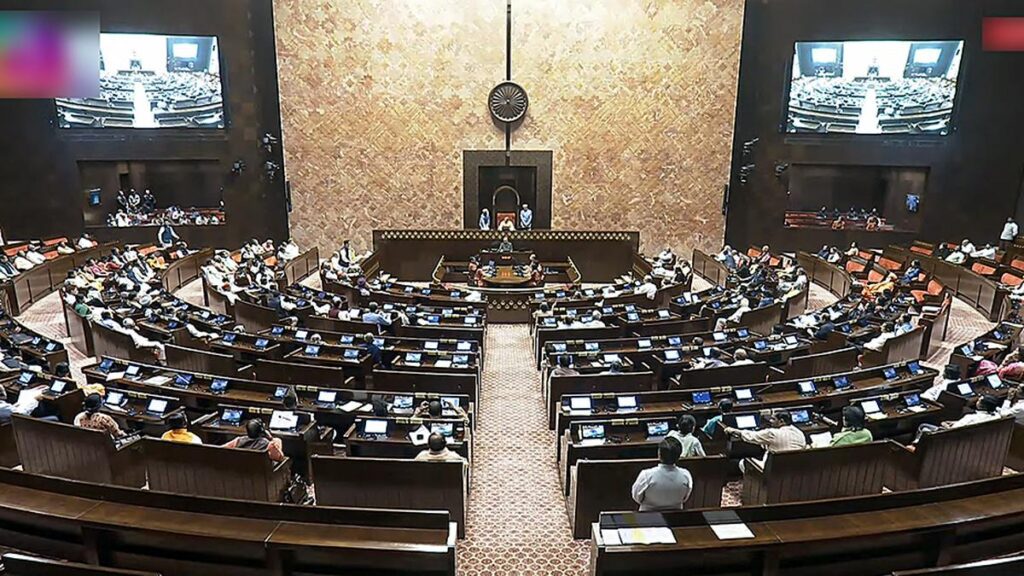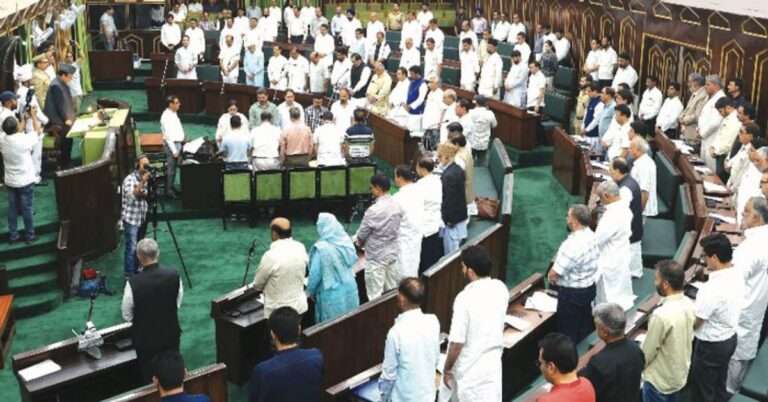
Introduction:
Recently, the Rajya Sabha witnessed a surprising turn of events as the Waqf Bill faced a narrow defeat, leaving the opposition baffled by the unexpected outcome. Let’s delve into the details of this intriguing development and understand the implications it holds.
Understanding the Waqf Bill:
The Waqf Bill, aimed at regulating the management of waqf properties in India, has been a topic of intense debate and scrutiny. The bill seeks to address issues related to the misuse and encroachment of waqf properties, which hold immense religious significance for the Muslim community.
The Surprising Defeat:
Despite widespread support from the opposition, the Waqf Bill faced a narrow defeat in the Rajya Sabha, leaving many surprised by the unexpected turn of events. The margin of defeat was significantly smaller than anticipated, highlighting the complexity of the political landscape.
Implications for the Opposition:
The defeat of the Waqf Bill in the Rajya Sabha has raised questions about the unity and coherence of the opposition parties. While they may have expected a different outcome, the narrow defeat underscores the challenges they face in garnering support for critical legislation.
Analyzing the Factors:
Several factors may have contributed to the surprising defeat of the Waqf Bill in the Rajya Sabha. From internal disagreements within the opposition ranks to external pressures and strategic maneuvers, the political dynamics at play are complex and multifaceted.
Looking Ahead:
As the dust settles on the defeat of the Waqf Bill, it is essential for the opposition to regroup, reassess their strategies, and chart a way forward. While setbacks are a part of the political landscape, they also present opportunities for introspection and realignment.
Conclusion:
The narrow defeat of the Waqf Bill in the Rajya Sabha may have caught the opposition off guard, but it serves as a reminder of the ever-changing nature of politics. As we reflect on this unexpected outcome, let us also consider the lessons it offers and the paths it opens for future engagement and dialogue.
In conclusion, the defeat of the Waqf Bill in the Rajya Sabha may have surprised many, but it also serves as a catalyst for introspection and strategic planning. As we navigate the twists and turns of the political landscape, let us remain vigilant, adaptable, and committed to the pursuit of a more just and equitable society.






